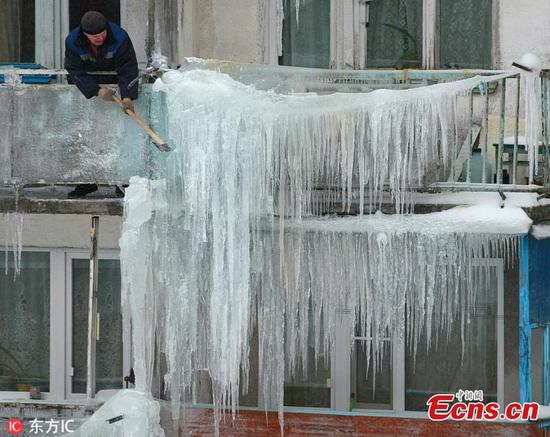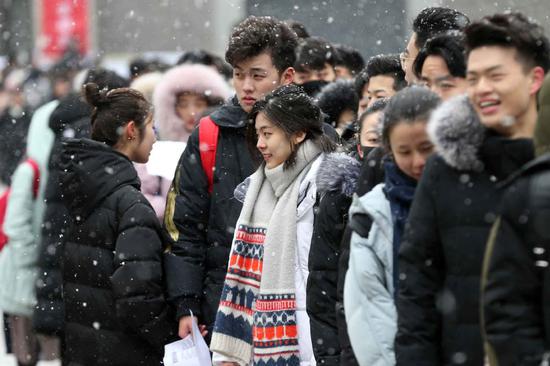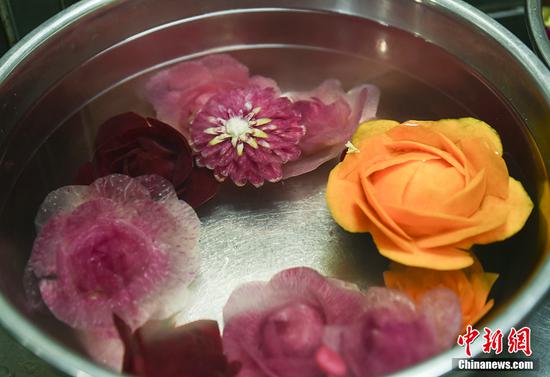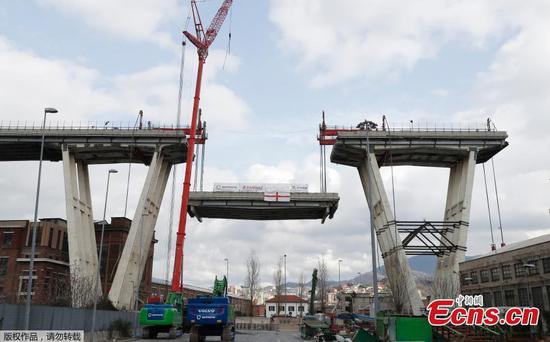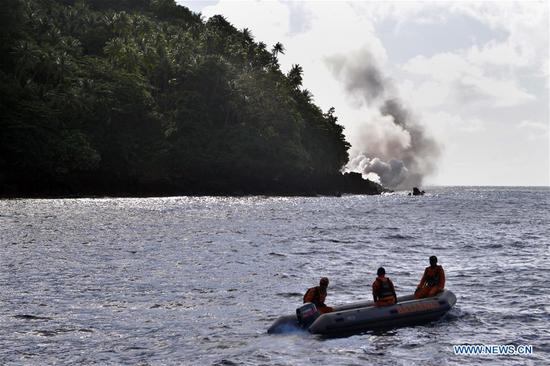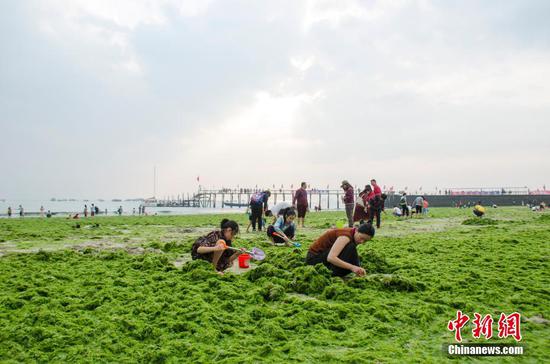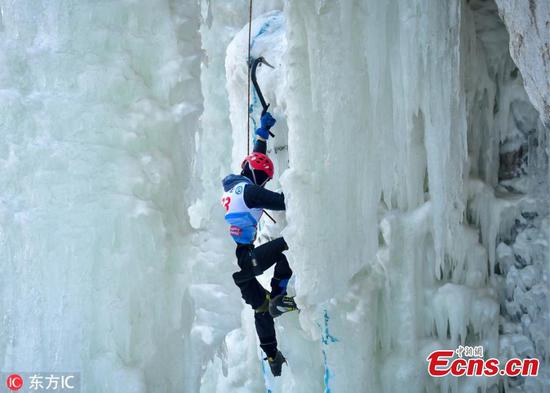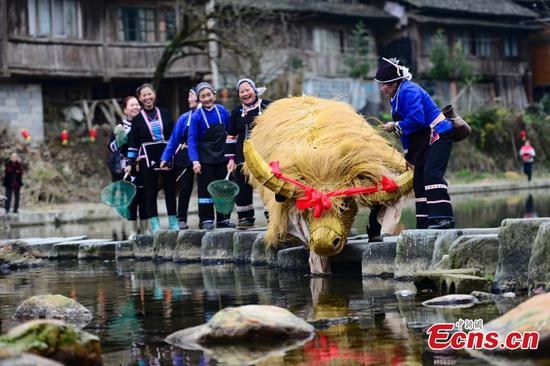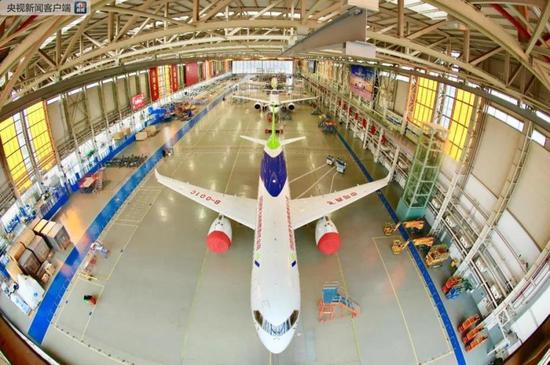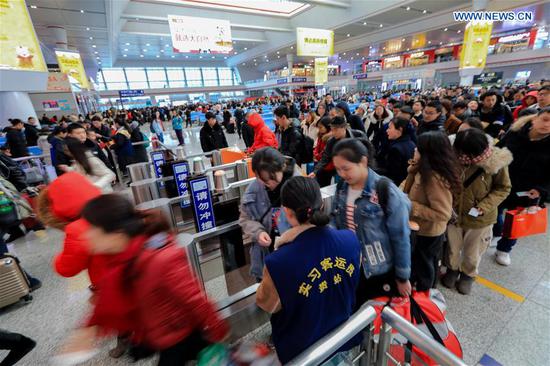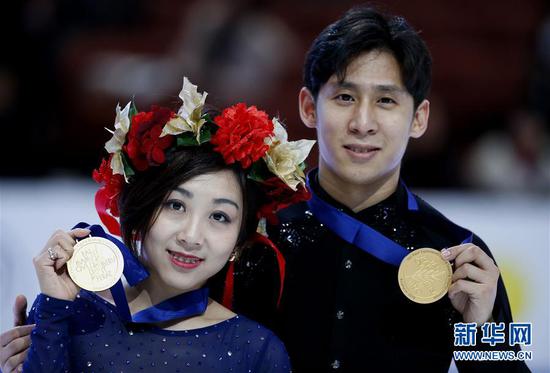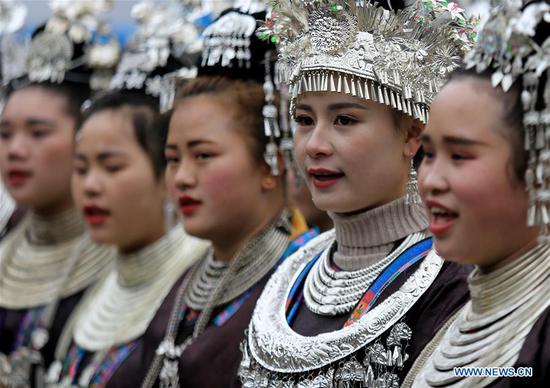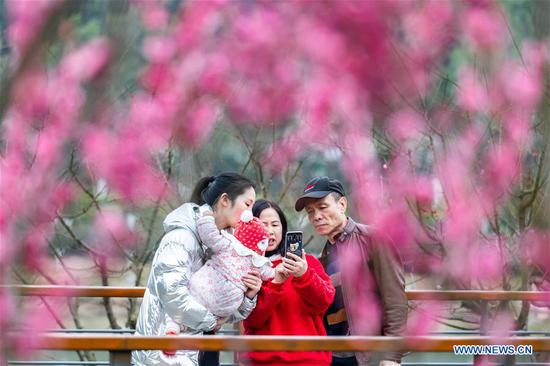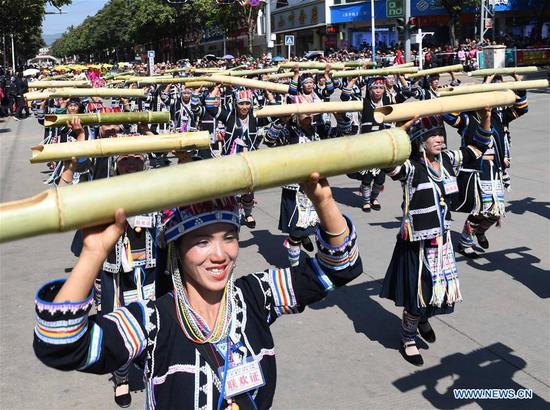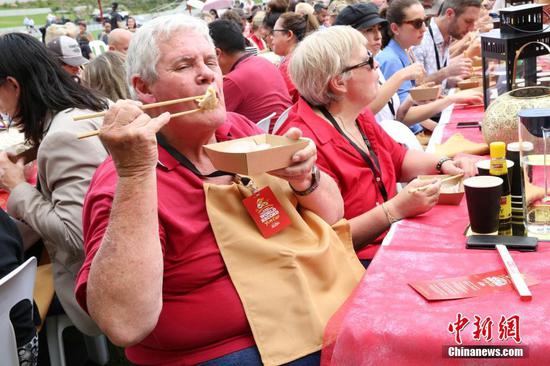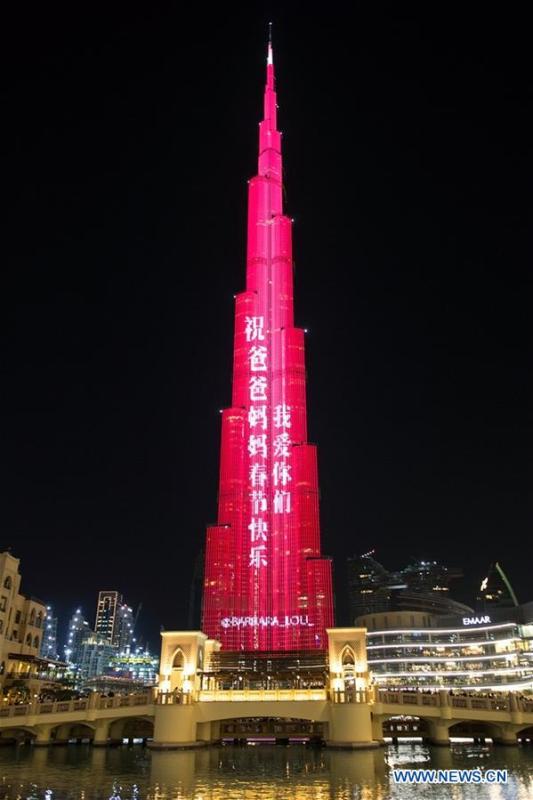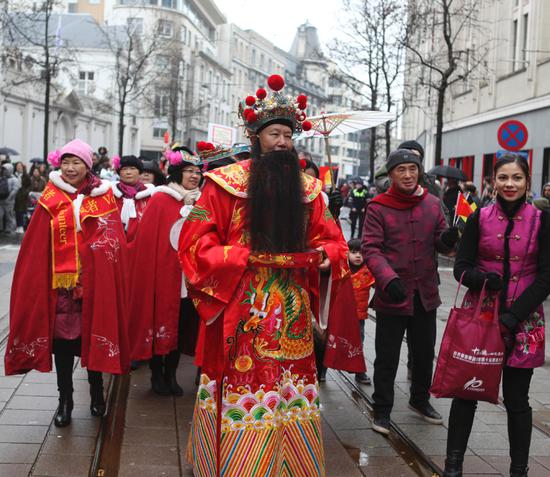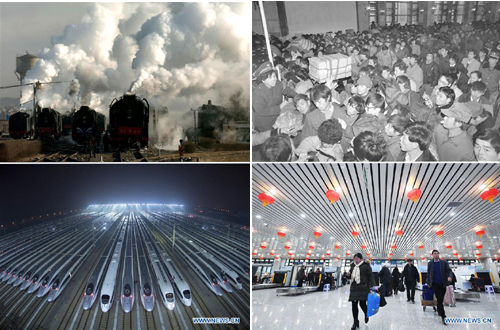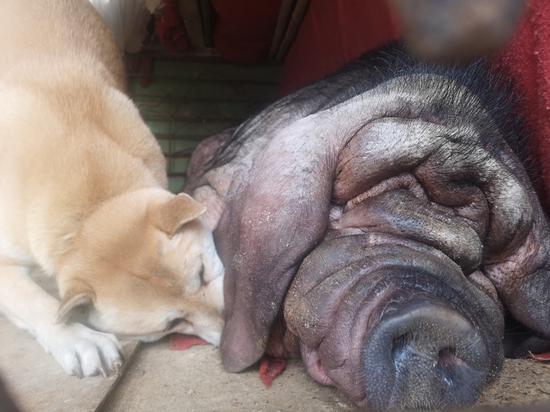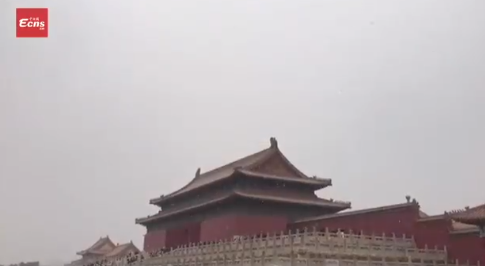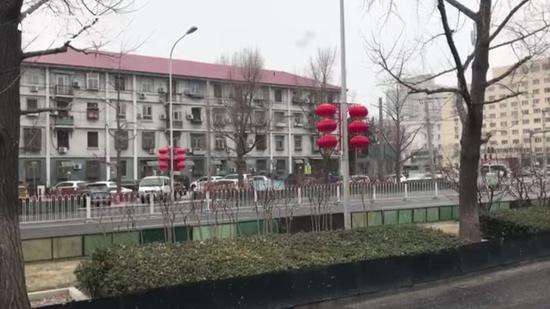Life-saving anti-cancer drugs, once hard to afford or find on the market by many patients in China, have become accessible for more under the country's reforms in recent years.
A State Council executive meeting chaired by Premier Li Keqiang decided Monday that China will further streamline the registration and approval of new anti-cancer drugs, announcing that experts will be invited to select new overseas drugs to meet urgent clinical needs, and import policies will be improved for a faster launch of the new drugs in China.
These are the most recent efforts to expand access to anti-cancer drugs made by China, which has seen more than 3.5 million new cases of cancer and more than 2 million cancer deaths every year, according to research data released in 2018.
LOWER PRICES
In July last year, the box-office hit "Dying to Survive" sparked heated debate over high prices of anti-cancer drugs in China.
The film is based on the case of a leukemia patient called Lu Yong, who found it hard to afford Gleevec, a patented drug developed by Swiss company Novartis, and managed to buy a much cheaper generic version produced in India for himself and many other patients.
"China has been facilitating the approval of high-quality generic drugs, but most of the targeted cancer drugs used here are still imported ones," Liu Lihong, a senior pharmacist at a Beijing-based hospital, said in an earlier interview with Xinhua, adding that many patients using the expensive imported drugs are faced with high costs.
Shortly after the film was released, 17 anti-cancer drugs were included in China's medical insurance reimbursement list in October 2018, with their prices cut by 56.7 percent on average after a round of price negotiations between the National Healthcare Security Administration (NHSA) and pharmaceutical companies.
For example, the price of Erbitux, a drug produced by German pharmaceutical company Merck to treat rectal cancer, fell from around 4,200 yuan (619 U.S. dollars) a bottle to 1,295 yuan, the China Daily reported.
The NHSA recently announced that China had included 34 drugs that treat major cancers, such as lung, breast, stomach and rectal cancer, in the national basic medical insurance program after price negotiations in the past three years.
"Cancer drugs have been the priority in price negotiations over the past few years," China Daily quoted Shi Lichen, founder of a Beijing-based medical consulting company, as saying. He believes similar price negotiations will become a regular practice.
From May 1, 2018, import tariffs have also been lifted on all common drugs including anti-cancer drugs and anti-cancer alkaloid-based drugs, which could bring about "a drop of at least 20 percent in the prices of imported anti-cancer drugs," according to Shi Luwen, a researcher with Peking University.
QUICKER APPROVAL
In 2018, the National Medical Products Administration (NMPA) approved 48 new drugs, 18 of which are anti-cancer drugs. Other newly approved drugs can be used for treating conditions and side effects connected with cancer, such as vomiting caused by chemotherapy.
A total of 13 of these anti-cancer drugs are imported new drugs, benefiting from the NMPA's efforts to remove the lag of five to eight years between when new anti-cancer drugs are approved abroad and domestically.
Since last year, manufacturers are able to submit the research data obtained overseas for new drug applications as long as their research indicates no racial difference in response to the drugs.
Shi Lichen, founder of the Beijing-based medical consulting company, reckoned that authorities will also stimulate more domestic producers to improve drug research and development.
Clinical drug-trials used to take at least two years to get approved after application, while the NPMA announced last year that trials can be launched in 60 days from the date when the application is accepted, under the prerequisite that the applicants receive no queries or negative feedback.
All these reforms are considered to offer more options to cancer patients in China, where the most common treatment for cancer remains to be chemotherapy.
As the country continues to expand the system regarding evaluation and approval of pharmaceuticals this year, rafts of policies would be implemented to facilitate anti-cancer drug research and approval, including eliminating the requirements for certain overseas new drugs to be approved abroad before applying for import and encouraging parallel development of innovative drugs domestically and overseas.










